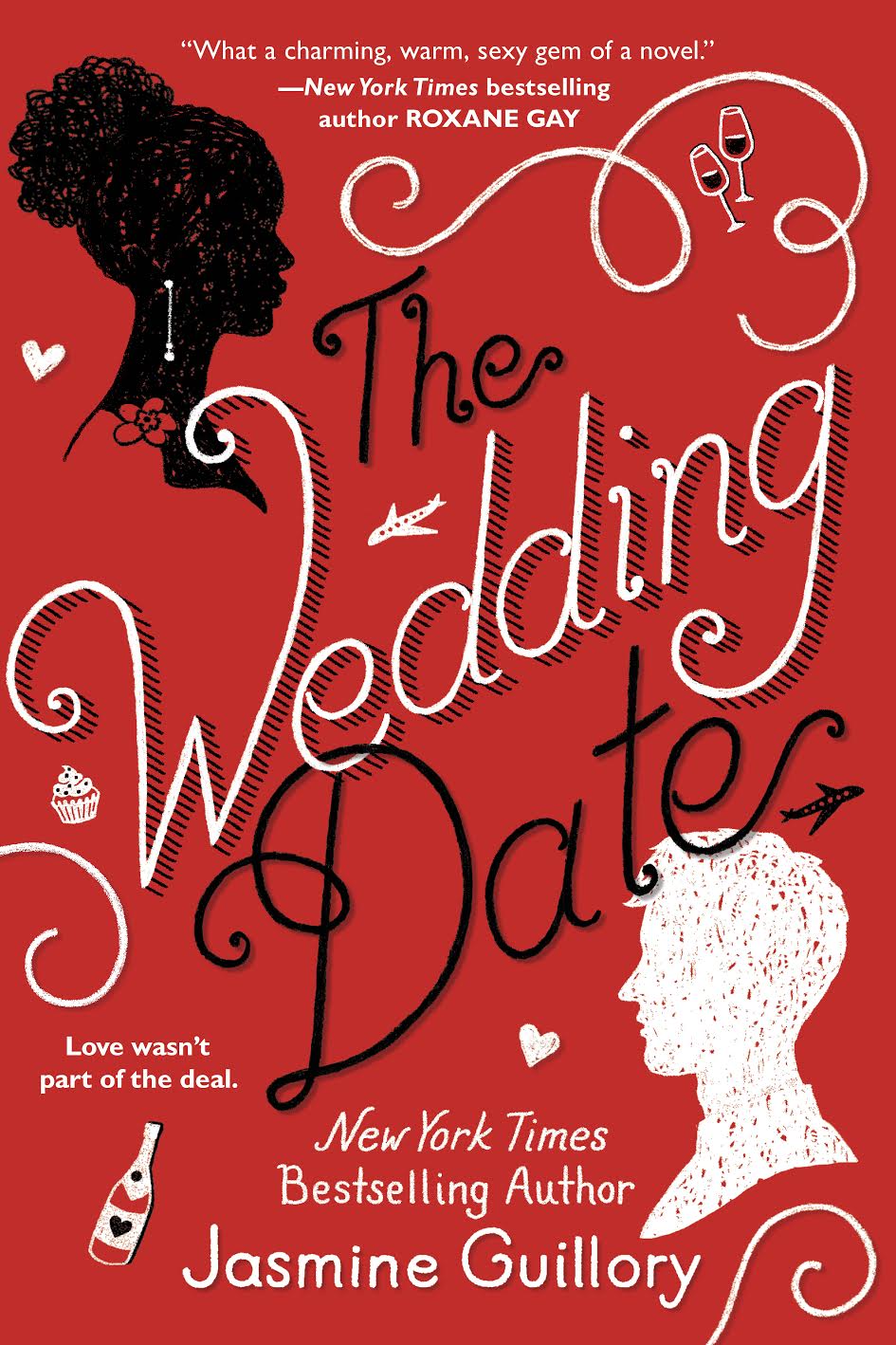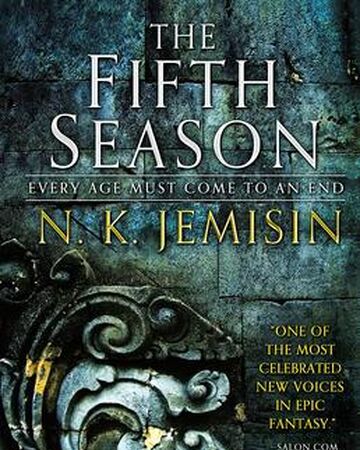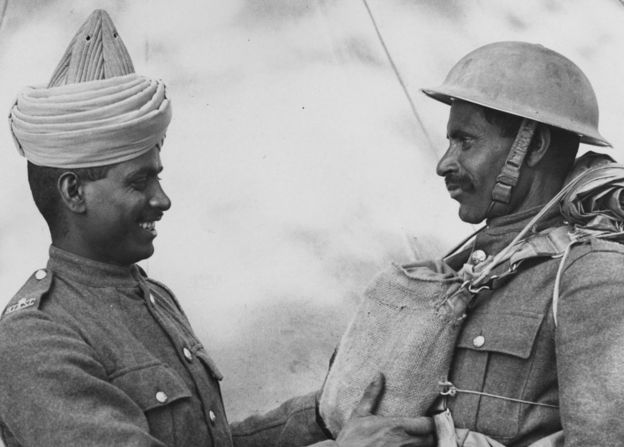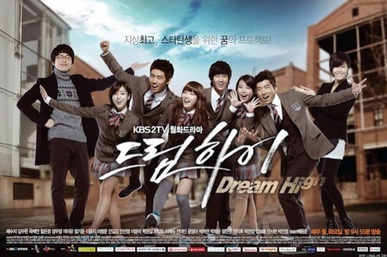Happy New Year! Although only three of my four short stories that were picked up for publication are out so far, I’m looking forward to sharing more of my work with the world in 2024. But enough about me. The main point of this post is that, in 2023, I read some wonderful books I’d like to share.

In 2023, I read a total of 113 novels. As in most years, I read the most in July (19) thanks to being off work. (Taking an e-reader on a solo trip also helped.) But I read at least a few books every month and here are some of my top titles, as well as a reading challenge to keep you motivated!
January
Challenge: Read a fun update of a classic

My pick: A Lady’s Guide to Fortune-Hunting, by Sophie Irwin
This was the book I recommended to the most people this year. Using Jane Austen’s Persuasion as a springboard, Irwin’s book was a joy from start to finish. Hilarious and heartfelt, this story featured a lovable heroine figuring out how to follow her dreams and the swoon-worthy male lead who encourages her at every turn. Historically accurate? Maybe not, but I had a ball.
Bonus rec: A Lady’s Guide to Fortune-Hunting, by Sophie Irwin

Although I read this one second, it was written before A Lady’s Guide to Scandal. I’ve read and seen numerous takes on Pride & Prejudice; this one felt completely fresh and fun. Starring a young woman desperate to land a wealthy husband in order to save her family and the Lord she blackmails to help her, I adored this one.
February
Challenge: Read an award-winning book

My pick: A Psalm for the Wild-Built, by Becky Chambers
A Hugo Award Winner in 2022, this novella (and its sequel, A Prayer for the Crown-Shy) are small and gorgeous. The setting is a utopian take of the future, a world where the robots gained sentience only to wander into the wild and the more sustainable society that developed in their wake. I tried this one after a librarian recommended it to me and, although I found the first 50 pages pretty slow, I understood why it won the award as soon as the monk met the wild-built robot. It was a beautiful meditation on culture, religion, purpose, our relationship to the world, and what it means to be alive. Especially if you don’t have much time, this short book is one that will stay with you long after you’ve read the final page.
March
Challenge: Give a nonfiction book a try

My Pick: The Professor and the Madman, by Simon Winchester
Although every nonfiction story I’ve read has seen me sharing strange facts with everyone I know for weeks afterward (looking at you Gulp by Mary Roach and Gory Details by Erika Englehaupt), this one takes the cake for being the most off-the-wall insane. Which is…unexpected given that it’s about the creation of a dictionary. But it turns out one of the most prolific contributors to the fledgling dictionary was a man institutionalized after he murdered someone during a schizophrenic episode. The story only got stranger from there.
April
Challenge: Read a book that combines two genres

My Pick: Station Eternity, by Mar Lafferty
One of the more inventive science fiction books I’ve read recently and a murder mystery to boot, this book was intriguing. Mallory leaves Earth behind in a desperate attempt to get away from the murders that seem to happen everywhere she goes and winds up on a space station full of aliens with symbiotic relationships. Then more humans show up and it’s only a matter of time before people start to die….
May
Challenge: Read a short-story collection

My pick: The Tangleroot Palace, by Marjorie Liu
Considering I’ve been writing mostly short fiction in the last few years, I don’t read much of it. So, I decided to change that by picking up this collection. Although the short story I found the most thought-provoking this year was actually the take on Rumplestiltskin in Jane Yolen’s How to Fracture a Fairytale collection, I found this collection the most consistently strong throughout. “Sympathy for the Bones” was a particular standout.
June
Challenge: Read a classic with a fantasy twist

My pick: Claws and Contrivances, by Stephanie Burgis
I really enjoyed this one. Like Jane Austen with dragons, it had shades of Sense & Sensibility and Northanger Abbey in particular. Featuring a lead who tries to manage everyone around her, her lovable cast of eccentric relatives, and a bemused dragon scholar roped into an engagement against his will, this one was heaps of fun.
July
Challenge: Read a historical fiction novel

My pick: Sinners of Starlight City, by Anika Scott
Set during the Chicago World’s Fair in 1893, this story about the mafia and magic follows several characters with family on both sides of the color line. Our main heroine (Rosa) is a young performer hell-bent on revenge against the man who murdered her family back in Italy. We also get to know her cousin who is desperately trying to get her baby back and begs for Rosa’s help as well as the mafia enforcer tasked with returning the cousin to her family. The setting was beautifully rendered and Scott did a great job maintaining tension while illuminating various historical events in the U.S. and Italy I didn’t know very well.
August
Challenge: Pick a book based on its cover

My pick: Charming, by Jane Linwood
What if the “Prince Charming” in all the fairytales was actually the same guy? That’s the fun premise behind this story. Whenever Charming waltzes in to save the fair maiden, he ends up stealing half their treasury and splitting before the wedding. But the women he’s conned have joined forces and they’re more formidable than he ever imagined. This one was funny and I loved Linwood’s take on the various princesses.
September
Challenge: Read a book about getting the band back together

My pick: The Adventures of Amina al-Sirafi by Shannon Chakraborty
Chakraborty’s latest, about a formidable pirate who has to reassemble her old crew in order to find a kidnapped young woman and a legendary magical item, was a fun romp. I loved Amina and her crew–especially the wily poisoner–and enjoyed the blending of myth and adventure. While I didn’t totally enjoy the framing device of an interview, the characters and action more than made up for it.
October
Challenge: Read the first of a series

My pick: Book of Night by Holly Black
In a version of our world with magical shadows, Book of Night featured a self-destructive lead getting entangled in a deadly hunt for a missing book. I didn’t realize this one was the first in a series, so the cliffhanger came as a bit of a surprise. I’m looking forward to the next one.
November
Challenge: Read a book about friendship

My pick: Silenced, Ann Claycomb
I read this in one sitting. A story about women left living with fairytale curses after being abused by the same powerful man, this was as disturbing as it was absorbing. As the women come together to figure out how to break their curses and keep him from hurting anyone else, this story felt both timely and timeless. The fairytale pieces were worked into this in an interesting way. Violence against women is a key feature of this one, though, so be forewarned.
December
Challenge: Read a holiday-themed story

My Pick: The Wake-Up Call, Beth O’Leary
The central premise is two front desk managers working at a struggling hotel compete to try to find the owners of missing rings. Ever since last year’s Christmas party, they’ve been doing their level best to make one another miserable, but as “the ring thing” heats up, they have several surprises in store. This one was absolutely adorable and had several lines I read out loud to my family because I thought they were so funny I had to share them.

Well, there you have it! Those are some of my favorite books that I read this year. I’m looking forward to all of the wonderful stories 2024 has in store.

I wish you a year filled with wonderful books 🙂





















